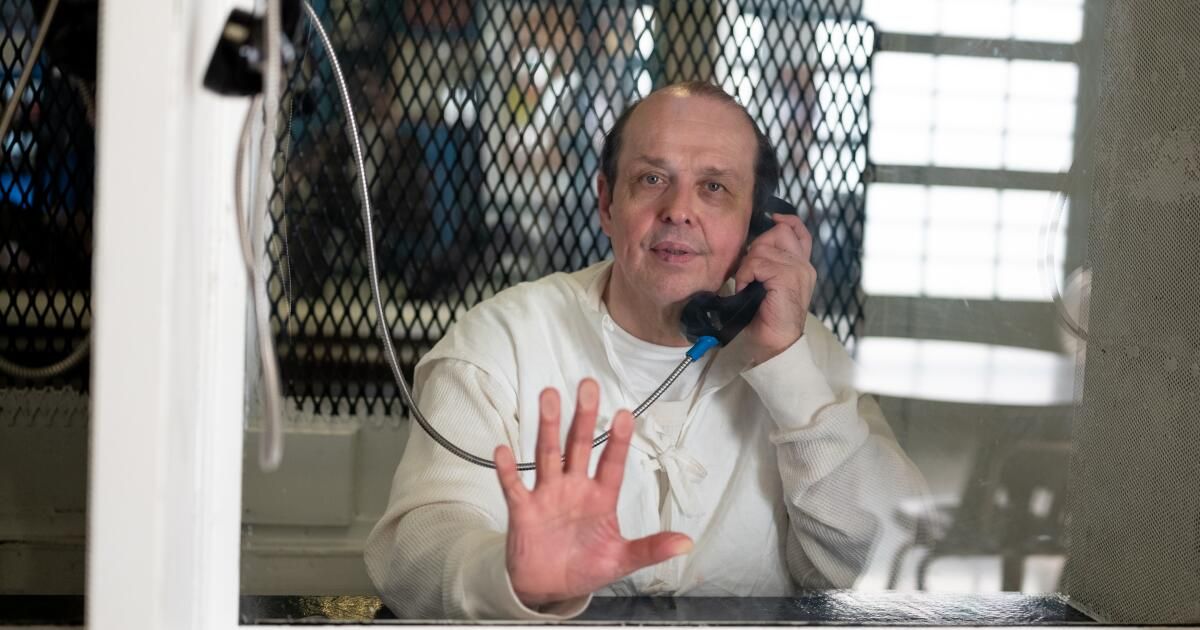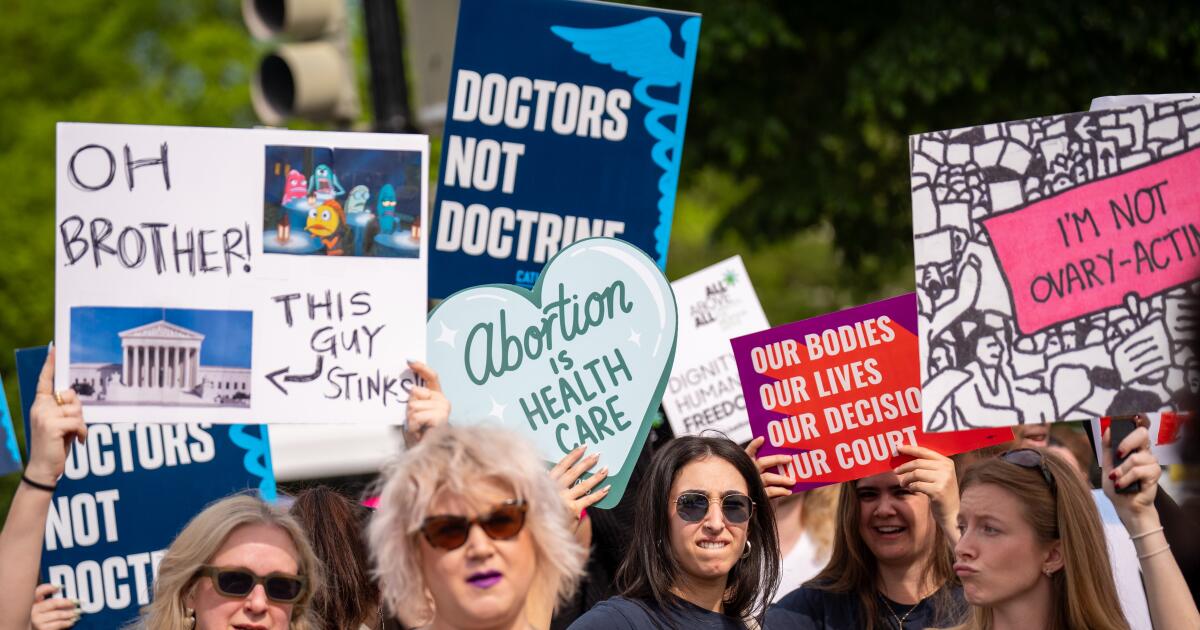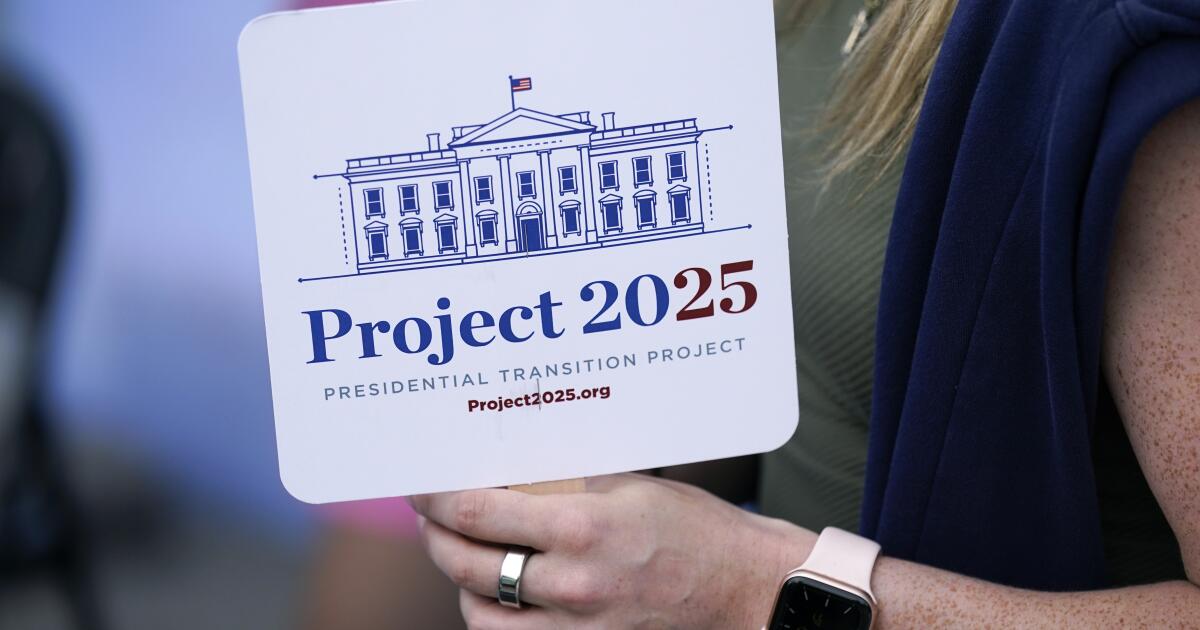The state of South Carolina tied up Freddie Owens on Friday and injected him with a chemical typically used to euthanize domestic animals. In the days before the execution, a key witness against him admitted to testifying falsely at trial to save himself, saying Owens had nothing to do with the 1999 murder for which he was convicted. But that didn't matter. Owens, also known as Khalil Divine Black Sun Allah, was executed.
Missouri authorities are preparing to execute Marcellus Williams on Tuesday. The two witnesses against him are known liars, and bloody footprints and hair found at the scene were determined not to belong to him or the victim of the 2001 fatal stabbing he was convicted of. DNA samples from the murder weapon have not been tested because prosecutors handled the knife without gloves and contaminated evidence. A Missouri governor stayed an earlier execution and ordered a board to investigate the case. But a new governor has disbanded the board and revoked the stay.
Earlier this month, the prosecutor offered to change the sentence to life in prison if Williams pleaded guilty, and the condemned man accepted despite insisting he had nothing to do with the crime. A judge accepted the deal, but it was overturned on appeal. So, despite the lack of physical evidence linking Williams to the murder, and despite the objection of the prosecutor and the victim's family, the execution resumed.
In Texas, Robert Roberson is being prepared to be killed next month. Roberson was convicted of killing his two-year-old daughter in 2002 based on the controversial “shaken baby syndrome” hypothesis, which has been widely dismissed as junk science. In the days before the girl’s death, she had a fever and was prescribed an antihistamine by an emergency room doctor that can cause life-threatening breathing difficulties in young children.
When Roberson brought her back to the emergency room, the officers did not like the way she acted — emotionless and distant — and concluded that it was evidence of her guilt. It was probably evidence of her autism.
The detective who testified against him now realizes this and is asking for clemency so that Roberson is not sentenced to death for a crime he did not commit and that never even happened, because the evidence suggests that the boy died of pneumonia and septic shock.
But Roberson is scheduled to be executed for shaking her to death anyway.
Death sentences and executions, even of real murderers, are relics of primitive societies in which leaders and their subordinates ritually killed to atone for perceived evil, propitiate the gods and allay fears of social chaos.
What then become of death sentences when witnesses, police, prosecutors and judges admit that their previous testimony or conclusions were wrong and that the accused is innocent, and executions are carried out anyway?
They cross the line between civilization and savagery, criminal justice and black magic, accountability and ritual human sacrifice. They become a false religion, dependent on totems like “shaken baby syndrome” and shamanic revelation (e.g., the suspect looked guilty). They promulgate superstitions, such as the magical claim that murder deters future crimes. They satisfy our primal demand for guilt and punishment and our illusion of moral cleanliness.
What they cannot satisfy is the illusion that our society is just and merciful. The appetite for guilt and blood is voracious, and it repeatedly rejects our aspiration to be a more enlightened, humane, and modern nation. President Biden, who will soon leave office, promised as a candidate to eliminate federal death penalties, but he has failed to act.
Former President Trump, who is seeking re-election, this week reiterated his long-standing demand for swift execution of drug traffickers.
But even when we kill the guilty, we become unnecessarily cruel. When we kill those who appear innocent, we make a mockery of ourselves and our supposed loyalty to justice.











